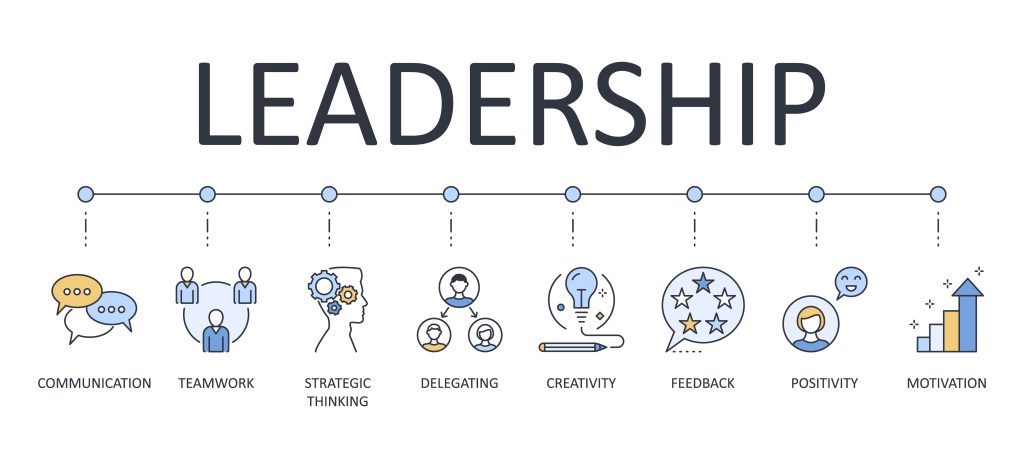Leadership Insights: Mastering the Art of Delegation
Effective delegation is a cornerstone of exceptional leadership. It maximises productivity and empowers team members, fostering a culture of trust and collaboration. This month, our leadership insights focus on mastering the art of delegation, providing you with actionable strategies to delegate tasks efficiently, build trust, and enhance team performance.
The Importance of Delegation
Delegation is not just about offloading tasks; it’s a strategic tool for leadership. Here’s why mastering delegation is crucial:
- Maximizes Productivity: By distributing tasks, leaders can focus on high-level strategic decisions and ensure everyone is working within their expertise.
- Empowered Team Members: Delegation allows employees to develop new skills and take on responsibilities, boosting their confidence and job satisfaction.
- Enhances Team Performance: When tasks are delegated effectively, the team functions like a well-oiled machine, with each member contributing their strengths to achieve common goals.
- Builds Trust: Trust is cultivated when leaders show confidence in their team’s abilities. Delegation is a practical demonstration of this trust.

Strategies for Effective Delegation
Mastering the art of delegation involves more than just assigning tasks. Here are actionable strategies to help you delegate effectively:
Understand Your Team’s Strengths and Weaknesses
Before delegating, take the time to understand your team members’ unique strengths, weaknesses, and interests. This knowledge allows you to match tasks with the right people, ensuring that assignments are both challenging and achievable.
Actionable Tip: Create a skills matrix for your team, noting each member’s competencies and areas for development. Use this as a reference when delegating tasks.
Clearly Define the Task and Expectations
Ambiguity can lead to confusion and errors. When delegating tasks, ensure that you provide clear instructions and define the expected outcomes.
Actionable Tip: Use the SMART criteria (Specific, Measurable, Achievable, Relevant, Time-bound) to articulate the task and its objectives. This clarity will help team members understand what is required and how their success will be measured.
Provide the Necessary Resources and Support
Delegating a task without providing the necessary resources and support sets your team up for failure. Ensure team members can access the tools, training, and information needed to succeed.
Actionable Tip: Schedule regular check-ins to offer guidance and address any issues. Encourage an open-door policy where team members feel comfortable seeking help.
Empower Decision-Making
Empower your team by giving them the authority to decide their tasks. Micromanaging can undermine confidence and hinder productivity.
Actionable Tip: Establish boundaries and guidelines for team members to operate independently. Trust their judgment and be open to different approaches.

Monitor Progress and Provide Feedback
While giving your team autonomy is essential, regular monitoring and feedback are crucial to ensure tasks are on track and up to standard.
Actionable Tip: Use project management tools to track progress and maintain transparency. Provide constructive feedback and recognise achievements to keep the team motivated.
Learn from Mistakes and Celebrate Successes
Not every delegated task will go perfectly, and that’s okay. Use mistakes as learning opportunities and celebrate successes to build a positive team culture.
Actionable Tip: Conduct debrief sessions after significant tasks are completed. Discuss what went well, what didn’t, and how processes can be improved. Recognise and celebrate individual and team achievements to boost morale.
Building Trust Through Delegation
Trust is the foundation of effective delegation. Here are ways to build and maintain trust:
- Be Consistent: Consistently follow through on promises and commitments.
- Show Appreciation: Acknowledge efforts and express gratitude regularly.
- Be Transparent: Communicate openly about decisions and changes.
- Encourage Open Communication: Create an environment where team members feel safe to voice concerns and ideas.

Enhancing Team Performance
Effective delegation leads to a more engaged and high-performing team. Here’s how:
- Foster Collaboration: Encourage team members to work together and share knowledge.
- Promote Continuous Learning: Support ongoing professional development and skill-building.
- Set Clear Goals: Align individual tasks with the broader team objectives to ensure everyone works towards a common goal.
Mastering the art of delegation is essential for any leader aiming to maximise productivity and empower their team. You can delegate effectively and enhance team performance by understanding your team’s strengths, clearly defining tasks, providing support, empowering decision-making, and building trust. Remember, delegation is a journey of continuous improvement and learning. Implement these strategies and watch your team thrive.
If you enjoyed this, you might like to subscribe to our newsletter, visit our YouTube Channel or Podcast or read our latest work.
